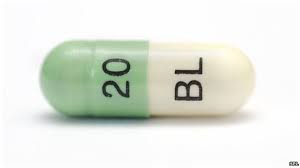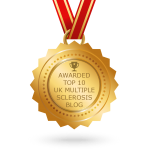Home » MS SMART trial
* * * * * * * * * *
Recent articles
- Adjustable Height Saddle Stool with Back Support 12 December 2025
- Honeywell Standard Lamp with remote control 9 December 2025
- LARS NYSØM Electric Salt and Pepper Grinder Set, Beauty in Simplicity 2 December 2025
- Awkward issues this summer 14 October 2025
- Sometimes a bad day just happens 13 August 2025
- Buying a mobility scooter, ideas and suggestions 30 July 2025
- Temperature regulation with multiple sclerosis 10 July 2025
- Leg drop and foot drop, different MS disabilities 22 June 2025
- Exercise is essential part of my life 6 June 2025
- Chillow Pillow 13 May 2025
- Living with multiple sclerosis is a challenge 10 May 2025
- Peanut shaped spiky ball wakes up my muscles 24 April 2025
- My Travelscoot needs replacing 15 April 2025
- Restless legs are awful 15 March 2025
- Difficult to believe this really happened 19 February 2025




Leave a Reply